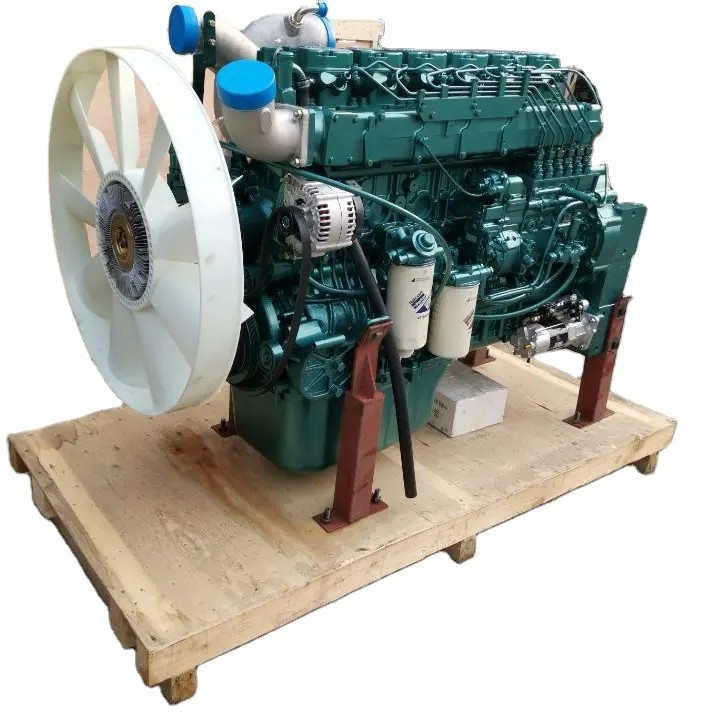 English
English Esperanto
Esperanto  Afrikaans
Afrikaans  Català
Català  שפה עברית
שפה עברית  Cymraeg
Cymraeg  Galego
Galego  Latviešu
Latviešu  icelandic
icelandic  ייִדיש
ייִדיש  беларускі
беларускі  Hrvatski
Hrvatski  Kreyòl ayisyen
Kreyòl ayisyen  Shqiptar
Shqiptar  Malti
Malti  lugha ya Kiswahili
lugha ya Kiswahili  አማርኛ
አማርኛ  Bosanski
Bosanski  Frysk
Frysk  ភាសាខ្មែរ
ភាសាខ្មែរ  ქართული
ქართული  ગુજરાતી
ગુજરાતી  Hausa
Hausa  Кыргыз тили
Кыргыз тили  ಕನ್ನಡ
ಕನ್ನಡ  Corsa
Corsa  Kurdî
Kurdî  മലയാളം
മലയാളം  Maori
Maori  Монгол хэл
Монгол хэл  Hmong
Hmong  IsiXhosa
IsiXhosa  Zulu
Zulu  Punjabi
Punjabi  پښتو
پښتو  Chichewa
Chichewa  Samoa
Samoa  Sesotho
Sesotho  සිංහල
සිංහල  Gàidhlig
Gàidhlig  Cebuano
Cebuano  Somali
Somali  Тоҷикӣ
Тоҷикӣ  O'zbek
O'zbek  Hawaiian
Hawaiian  سنڌي
سنڌي  Shinra
Shinra  Հայերեն
Հայերեն  Igbo
Igbo  Sundanese
Sundanese  Lëtzebuergesch
Lëtzebuergesch  Malagasy
Malagasy  Yoruba
Yoruba  অসমীয়া
অসমীয়া  ଓଡିଆ
ଓଡିଆ  Español
Español  Português
Português  русский
русский  Français
Français  日本語
日本語  Deutsch
Deutsch  tiếng Việt
tiếng Việt  Italiano
Italiano  Nederlands
Nederlands  ภาษาไทย
ภาษาไทย  Polski
Polski  한국어
한국어  Svenska
Svenska  magyar
magyar  Malay
Malay  বাংলা ভাষার
বাংলা ভাষার  Dansk
Dansk  Suomi
Suomi  हिन्दी
हिन्दी  Pilipino
Pilipino  Türkçe
Türkçe  Gaeilge
Gaeilge  العربية
العربية  Indonesia
Indonesia  Norsk
Norsk  تمل
تمل  český
český  ελληνικά
ελληνικά  український
український  Javanese
Javanese  فارسی
فارسی  தமிழ்
தமிழ்  తెలుగు
తెలుగు  नेपाली
नेपाली  Burmese
Burmese  български
български  ລາວ
ລາວ  Latine
Latine  Қазақша
Қазақша  Euskal
Euskal  Azərbaycan
Azərbaycan  Slovenský jazyk
Slovenský jazyk  Македонски
Македонски  Lietuvos
Lietuvos  Eesti Keel
Eesti Keel  Română
Română  Slovenski
Slovenski  मराठी
मराठी  Srpski језик
Srpski језик
What is the difference between a diesel engine and a gasoline engine?
2025-04-21
The main differences between diesel engines and gasoline engines are their ignition methods, fuel efficiency, acceleration performance, etc. Diesel engines have a longer service life, are economical, and have a lower failure rate. Gasoline engines are widely used because of their lower noise and higher power. So what is the difference between the two?

1. Different driving methods
Of course, diesel is added if the diesel engine is driven by an injector, but when the outside temperature is cold, a small amount of gasoline needs to be added to drive it, because the fluidity of diesel in a cold environment becomes poor. As for gasoline engines, only gasoline can be used, and never try to add diesel. If this happens in reality, the engine needs to be cleaned immediately and all operations stopped.
2. Injection pressure
Since diesel engines are used for heavy trucks most of the time, and the fluidity of diesel is poor, the injection pressure is stronger than that of gasoline engines, up to 1800 bar. The gasoline engine with the same efficiency is 150 bar, and it is an intake injection type.
3. Differences in drive structure
Due to the poor fluidity of fuel, low ignition point and weak mixing properties, diesel engines require segmented propulsion drive - through piezoelectric and solenoid methods, and fewer use solenoids alone; a small amount of diesel is introduced into the engine combustion chamber through the injection pump for high pressure mixing and combustion, and the remaining diesel is evaporated at high temperature to continue burning and continue to provide power.
As for gasoline engines, they are relatively simple. Regardless of whether the injection pump is direct injection or non-direct injection, and whether the drive structure is solenoid or piezoelectric, gasoline and air are fully mixed in the combustion chamber, and then ignited to make it deflagrate, producing an explosive effect to provide power.




